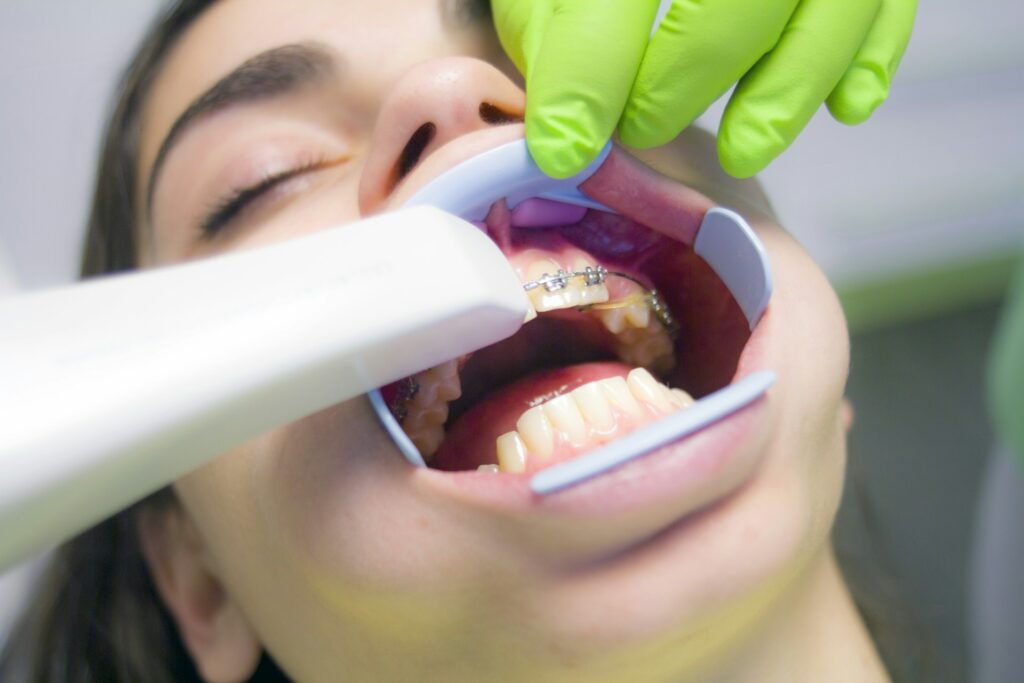Dental health is a crucial part of overall well-being, but the cost of treatment can be a significant burden, especially for those with bad credit. Fortunately, there are several strategies to manage these expenses and ensure you receive the necessary dental care. Here are some tips on how to pay for dental work even if your credit isn’t in the best shape.
Payment Plans Offered by Dental Clinics
Many dental clinics understand that not everyone can pay for their treatment upfront. As a result, they offer payment plans that allow you to pay in smaller, more manageable installments. These plans often don’t require a credit check, or they might accept lower credit scores. Be sure to ask your dentist about the availability of in-house financing options.
Dental Discount Plans
Dental discount plans are an alternative to traditional dental insurance. These plans aren’t insurance; rather, they work as a club membership where you pay an annual fee and receive discounts on dental services from participating dentists. These discounts can range from 10% to 60%, depending on the procedure. Since this is not a credit-based service, your credit score will not be a barrier.
Third-Party Financing
There are financial services companies that offer medical loans specifically for healthcare expenses, including dental work. Companies like CareCredit provide special financing options that you can apply for, even with bad credit. These often come with promotional periods of low or no interest if repaid within a specific timeframe. Make sure to read the fine print and understand the interest rates and penalties if the amount is not repaid in time.
Health Savings Accounts (HSAs) or Flexible Spending Accounts (FSAs)
If you have access to a Health Savings Account (HSA) or a Flexible Spending Account (FSA), you can use these pre-tax dollars to pay for eligible dental expenses. This can provide a significant discount on your out-of-pocket costs, depending on your tax bracket. However, these accounts are typically linked to specific types of health insurance plans, so check your plan’s eligibility criteria.
Grants and Charitable Organizations
Some organizations offer grants or free dental services to individuals based on need, including those with bad credit. Organizations like Dental Lifeline Network and local health departments sometimes offer services at reduced rates or for free to qualifying individuals. Research local charities and non-profits that offer such assistance.
Negotiate with Your Dentist
Don’t hesitate to discuss your financial situation with your dentist. Some might offer a discount if you can pay a lump sum upfront or might provide a sliding scale payment option based on your income. Transparency about your financial limitations can open up opportunities for discounts.
Community Health Clinics and Dental Schools
Dental schools and community health clinics often offer dental services at a lower cost. These services are provided by students under the supervision of licensed dentists or directly by health professionals as part of community service. These can be a viable option for affordable dental care, particularly for basic procedures and preventive care.
Bad credit does not mean you have to neglect your dental health. By exploring various financing options, discussing directly with your dentist, and utilizing community resources, you can find a way to afford necessary dental treatments. Always ensure that you understand the terms and conditions of any payment plan or financial arrangement to avoid exacerbating your financial situation.
Utilize Online Fundraising Platforms
Online fundraising platforms such as GoFundMe can be utilized to raise money for dental expenses. This approach involves creating a campaign and sharing your story with friends, family, and the wider community.
People who sympathize with your situation may contribute to help cover the costs of your dental work. This can be especially helpful for costly procedures or in cases where traditional financing options are not sufficient or available.
Consider Generic Alternatives and Preventative Care
Reducing the cost of dental care can also be achieved by opting for generic alternatives for certain treatments.
For example, opting for a metal filling instead of a porcelain one can significantly reduce costs. Additionally, investing in preventative care such as regular cleanings and check-ups can help avoid more expensive and extensive treatments later on. Discuss these options with your dentist to understand where savings can be made without compromising the quality of care.
Government Programs
In some countries, government programs are available to assist individuals with healthcare costs, including dental care. For instance, in the United States, Medicaid can cover dental services for adults in some states, though coverage varies widely from one state to another. Similarly, programs like the Children’s Health Insurance Program (CHIP) provide coverage for minors. It’s worth investigating local and federal government programs that could help alleviate dental expenses.
Look for Special Promotions
Some dental practices offer special promotions, especially during certain times of the year or for first-time patients. These can include free initial consultations, discounted services, or bundled treatment discounts.
Keep an eye on local advertisements or subscribe to newsletters from dental clinics to catch these deals.
Prioritize Your Dental Treatments
If you’re on a tight budget, discuss with your dentist which treatments are urgent and which can be postponed.
Prioritizing urgent treatments can help manage costs more effectively while ensuring that your most immediate dental health needs are addressed. This staged approach to dental care can make payments more manageable over time.
While bad credit can limit some financing options, it doesn’t eliminate the possibility of obtaining necessary dental care. By exploring various alternatives—from negotiating directly with your dentist to utilizing community and government resources—you can find ways to manage dental costs effectively. Remember, maintaining dental health is crucial not only for your quality of life but also for your overall health, and investing in it is a priority worth considering, regardless of financial constraints.






